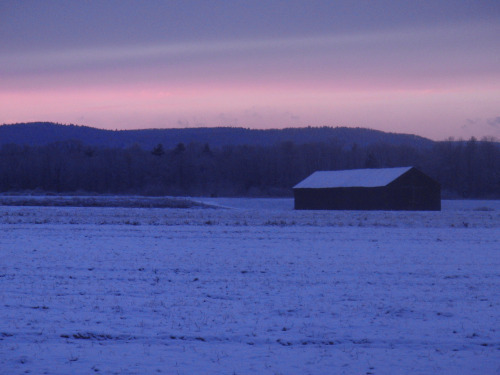Blinking at the Bright Lights
Sometimes writing is hard and sometimes life is hard. Almost always there’s an overlap, no matter whether we’re writing about fantasy worlds or life a hundred years ago. The work may be hard because of the subject, or because we’ve been at it so long without dreamy results, or because we’re feeling pulled in too many directions, or, well, most of us can cite our own reasons, which may include it being that lights-in-the-darkness time of year when it’s tough to remember we can’t have one without the other. Or we get tired of all that twinkling. We can’t look back, which can bring comfort, without some feeling of loss. We can’t always tell the difference between feeling full and feeling empty. I like a season that calls for sparkle, sprinkles, evergreen, and candles, and this year I particularly look forward to a day when I’ll be with my husband, daughter, and other friends and family including a four-year-old who might bring whole-hearted glee to a lit-up tree and a bounty of small trains and trucks. But I get that everybody doesn’t like Christmas, and it’s not like even those of us who hum songs about stars are happy all the time. Or won’t spend part of the day tucked away doing some writing or reading Donna Tartt’s THE GOLDFINCH.
We can’t write books without spending time with whatever is in our head. Every book I’ve ever written has taken longer than I’d thought, and while I try to be patient, sometimes I’m just annoyed. Many drafts don’t reach my standards, and it’s tough to sound breezy when I tell myself to try again. Drawing connections between our minds and words is tricky and awesome and it can make our typing fingers ache. It’s natural to want to dash away from eyes or throats that feel tight. Get a snack. Gosh, even get some exercise. Anything. This is when I train myself to stick it out, because something of note is often behind my glazing eyes. Just as we’d tell a good friend to talk even when it’s a story neither of us really want to hear, we should offer our own selves the proverbial shoulder to cry on. Be kind, but remember that kindness doesn’t mean flight. Get a quilt if you want and a cat if you can. Turn on or off the light. Find a candle or a different chair. But I think it’s good to let our throats tighten until they soften, which they will. If we’re lucky, the sun may slant through the window.
Writing can be particularly tough if we’re telling a sad story, or are in a melancholy mood. Sometimes we need to step away, but there are also good reasons to blow our noses and keep our eyes on the screen. It’s not exactly barreling through, but the tears may mean we’re onto something we shouldn’t turn from. A place that not only pulls our attention but will ask readers to step in and hang on, too. Writing isn’t a profession for the timid. In Eudora Welty’s lovely and a little-bit-fierce memoir, ONE WRITER’S BEGINNINGS, she writes. “A sheltered life can be a daring life as well. For all serious daring starts from within.” Serious daring. Tears can be a sign of that, rather than a sign of vulnerability to be shut down or reserved for later.
Thinking, feeling, and writing can be hard: that’s pretty much all I know, which doesn’t sound too helpful except that I believe that at some point there is a way out. And sometimes, of course, let’s be real, we do need to take a walk, find some chocolate, cover our heads with a blanket, call a friend, or go on to something else. All we can do is make our best attempt to stick with our visions, remembering that telling our mind to stop anything can be telling it to stop everything. Words may come from a prickly place, but as we smooth out the language, we may feel smoother inside, too. The stories that hurt may be the stories that matter. The stories that break our hearts may open the hearts of others.






